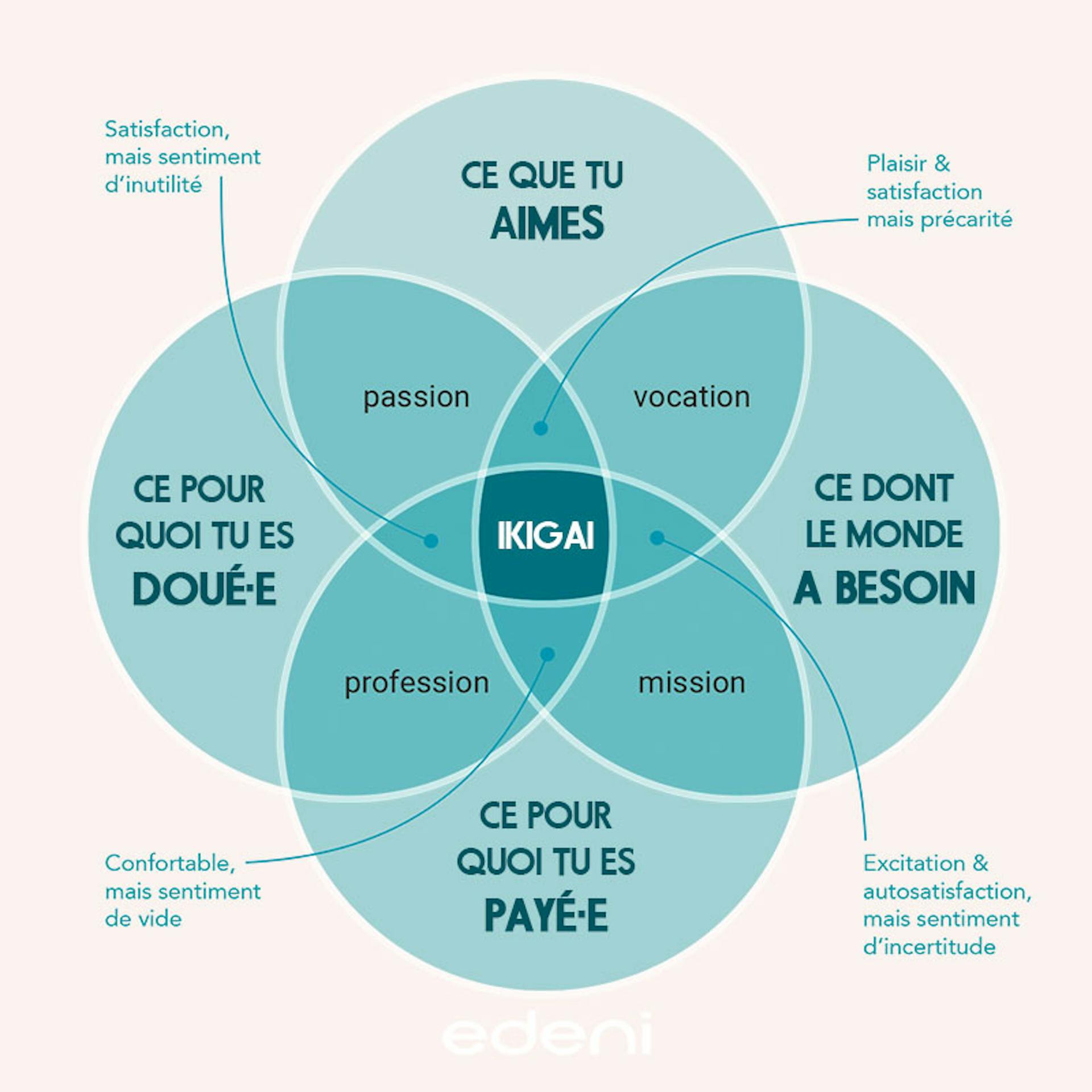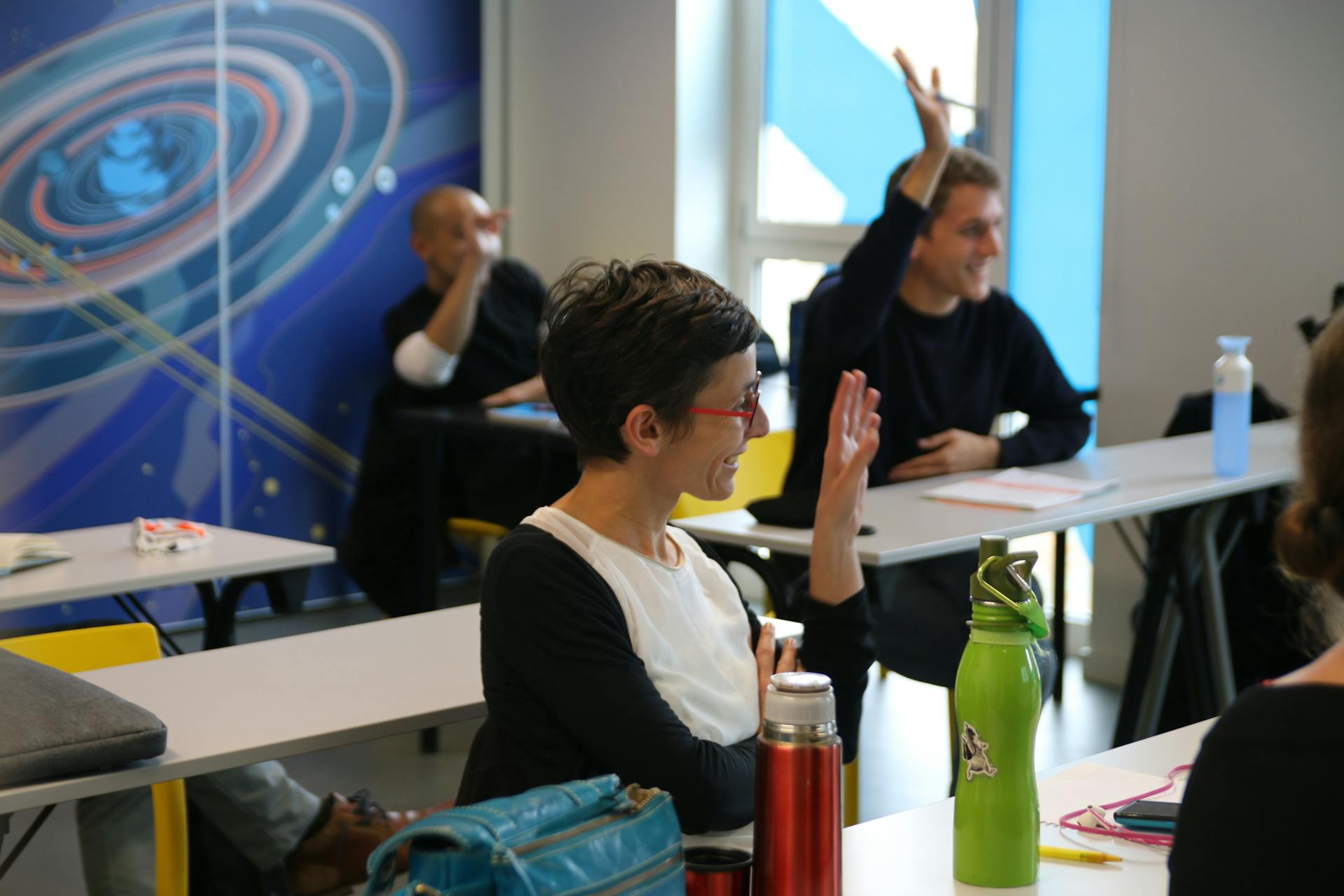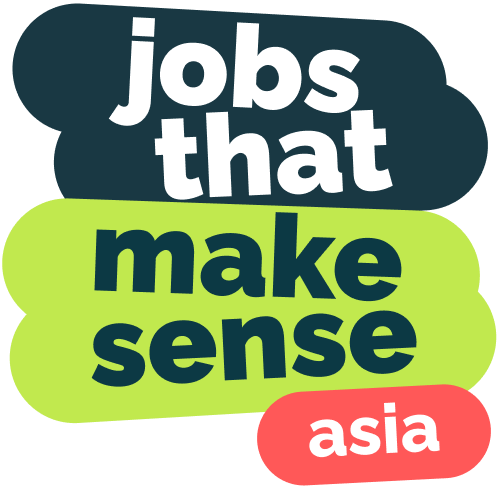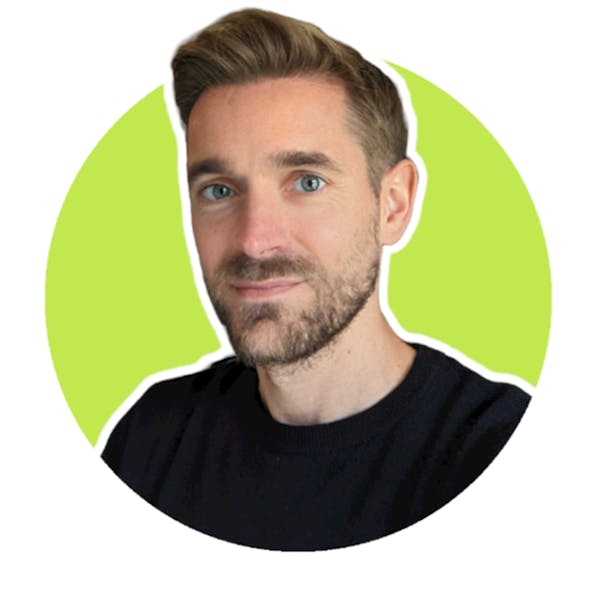Hélène de Vestele (Edeni): "Ikigai is a useful tool for introspection"
Hélène De Vestele is the founder of the Edeni training organization, dedicated to ecological and social transition. After several years as a strategy consultant and adviser to the Ministry of Modernization in Argentina, she created EDENI in 2016, surrounded by a scientific advisory committee that allowed her to synthesize and link information (ecology, health , ethics) which previously were presented separately...and often badly.
Edeni thus increases its critical thinking and its capacity for action while providing rigorous knowledge, but also pedagogical innovation to ensure that all those who wish to train effectively in ecological issues have a good time.
Can you explain in a few words what Ikigai is?
Ikigai is a methodology of Japanese origin for thinking about the meaning you want to give to your life, especially through your professional activity, since you spend an average of 80,000 hours there! It's not nothing ! As long as these hours serve a positive impact! And for this it is interesting to think about 4 main categories:
- What we like to do
- What we are good at (our concrete skills)
- What the world needs (a cause to contribute to or at least something essential)
- What we could be paid for (i.e. pragmatically a sustainable activity because it is associated with an exchange of values).
Ikigai is at the crossroads of these 4 categories. Well, it's schematized eh, I was asked in a few words!

Who is IKIGAI for?
Truly for everyone from the moment we begin to be able to make decisive choices about our activities and their impacts. I think from high school to the end of his life. The Ikigaï is a particularly powerful tool to think about a professional orientation (when it is well done, with notebooks, an accompaniment...) but it can also be used for its associative activities or its balance of life, its family projects. .. It allows us to take a step back and think deeply about our usefulness in society, what matters to us, and to forget the negative social confinements that prioritize activities in a harmful way (manual or support activities often being less valued in classic skills assessments, as well as activities meeting essential needs directly or indirectly). There is not just ONE Ikigai that suits us, it is a tool that can be used continuously and in various ways.
Between the MBTI tests, the Enneagram, etc. we are a little lost among the tools to get to know each other better... Isn't there a risk of getting lost in this search for self-knowledge and of forgetting our professional retraining objective?
Indeed, there is even a lot of charlatanism in this mode of "personal development", "New Age" tools or retraining in full boom because - among other things - of bullshit jobs and the destructive toxicity of our society. . There is no miracle solution. The ikigai is the tool that seems the least perverted at present, and especially the most oriented "efficiency" when it is well done, because it is supposed to avoid falling back into fads or superficiality. But that again depends on how it is used. In any case, it avoids the cynicism of "job for a job" by integrating the notion of social impact, and avoids locking in too strict labels as does the MBTI or enneagram.
Is a person's Ikigai fixed? Can it evolve over time?
Ikigai is not fixed, it can be double, evolve... it is even in its essence since it integrates the notion of common good, of what the world needs, which evolves at the same time as our values and skills.

What does Ikigai mean for Edeni?
For Edeni, it is a useful introductory and introspective tool for our retraining or professional development training. We have two trainings that include it:
- The Meaningfull Professionnal Transition virtual classroom, the first module of which is devoted to it. The students have a whole educational file to fill in beforehand to understand and reflect on their Ikigai. During the first module, a class helps each other on everyone's thoughts to come up with relevant leads. The second module explores notions that go beyond, on values, the organization of work, more practical questions to transform all this into an action plan. The 3rd module is dedicated to examples, advice (who to contact? How to finance your project? How to talk about it?) and your retraining action plan.... and after that, the training in the SEA approach takes over. relay.
- The training in the ESE/EHE approach (Ecology, Health, Ethics) is a certifying training that allows you to acquire professional skills to work in ecological and social transition projects. It also begins with Ikigai and completes the virtual class. Then there are 6 interdisciplinary knowledge modules on substance and arbitration, orders of magnitude, etc. And finally 4 days face-to-face to work on form, rhetoric, project and team management, then the written and oral evaluation by an external professional jury. And we come back to his Ikigaï and his projects. It's 63 hours and it's very full.

